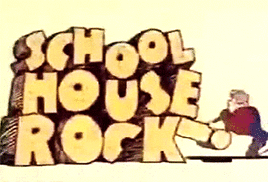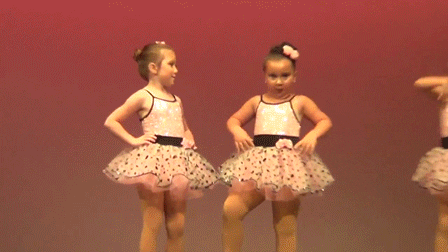Hopefully, now you feel the way I do - more centered and grounded. I actually have thoughts that pertain to writing as well!
HEY!
I think a story-line has been staring my paralyzed typing fingers right in the cuticles! If you will be so kind as to give me a minute (or a few hours)...
Welcome to A Dramatic Grammatic, my soft light shed upon managing writer's block and a look at how I keep my D-E-Fs following my A-B-Cs.
Are you in school endlessly boing, boing, boinging your pink, #2 pencil's eraser on a desk? Or, are you an author/blogger needing to dazzle an audience with words but your typing fingers are paralyzed? We all need to find a way to land on a topic, to find letters to string together to form words that will tell our story. What is the best way to decide on a topic? How can we become inspired? How do we keep the words flowing?
I don't think our inspiration has to be complicated. Though they may, our muses (or sources of inspiration) need not arise from an earth-shattering, life-changing event.
When we have a muse, it becomes much easier to find our story. While writing poetry, one specific event, feeling, person, or even thought can serve as inspiration (like the tears or the nursery rhyme characters). When all else fails, I just begin writing, even if I am not sold on my A, B, Cs at first. As I write, l let my words settle a bit. I come back to the words and as I do, a storyline almost always takes shape. The delete and backspace keys become my best friends and while the result rarely resembles my initial idea, what takes shape is better! The re-writes almost certainly contain the inspiration that my first draft lacked. It is a process, for sure. Patience and persistence are imperative. Rushing the process ends in scrambled letters.
Now let's look at another poem. In this blog's journey, these poems were written first and the blog post followed. See if you can identify the muse managing to set my A,B,Cs in motion. Introducing "A DRAMATIC GRAMMATIC"
Dramatic Grammatic
I or thee? This punctuation signals quandary. Can the future truly depend upon me? Now and then, adverbs prove time and again. The future is indeed hampered by when. “This way or that way” our phrase of the day. Leaves the future in the midst of a fray. A smile upside down can be a noun, and Future’s adverb when feeling down. I or thee, when a single pronoun is key, might the future need it to be "we”?
 GRAMMER GRAMMER
I have to be honest, my brain hurt as I was writing this poem. As I set out, I was thinking about moral dilemmas. But, I also had a hidden agenda. I needed another "mission" for Mission Poetry. Mission Poetry is the page on this website devoted to introducing children to poetry. It includes lesson plans for parents and teachers that can be used to supplement those in a school's curriculum. I am a huge fan of using one lesson to reinforce another. Therein lay my inspiration; I wanted to write a poem that was thought-provoking but also reinforced another English lesson, in this case, grammar. Since the grammar concepts and how they are presented suit a higher grade level and thought process, I also wanted to write the same poem in a more basic form. By focusing on the moral concepts alone (no grammar lesson), the poem can be enjoyed by much younger children, thus encompassing a broader audience.
A DRAMA-RAMA
Me or you, think about who Both are important in what you do Now or then think about when It really matters time and again My way or your way The words that you say Can turn smiles into frowns As they flip upside down Me or you? Is that the choice? It's time to listen to another voice. It says: leave out all the lonely "I"s For doing so is very, very wise! And just as one plus one equals two Try adding this: add "me" to "you". The answer will forever be Not me or you, but "W"-"E"
THE BIG TAKE AWAY:
HAPPY THANKSGIVING
0 Comments
Leave a Reply. |
blog with me
Archives
November 2022
Categories |

 RSS Feed
RSS Feed